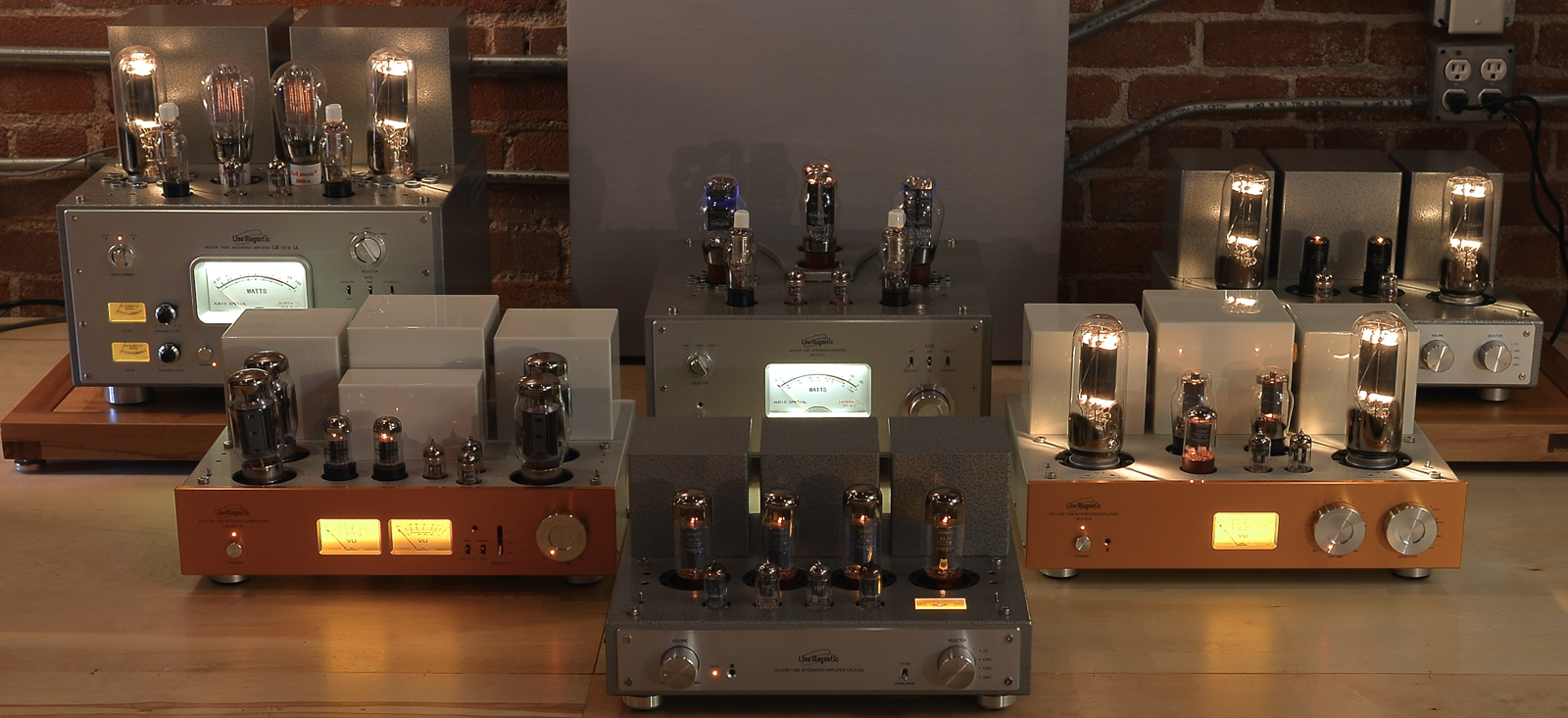by Noam Bronstein
“So many toys – so little unstructured time.”
― Carl Honoré, In Praise of Slowness
Lately my wife and I have been listening to parts of Max Richter’s 8-hour symphony “Sleep”, and its hypnotic quality has slowed me down enough to be thinking more about the direction of my life and work, and our hobby, especially in relation to the so-called Slow Movement. The Slow Movement has been around for a while now, at least in some forms. It started as Slow Food in 1986, with a protest over a new McDonalds fast-food restaurant in Rome. ‘Slow’ is a subculture – a response to the breakneck pace of life in the modern world. It advocates a closer examination of our relationships in the realms of humanity, biology, technology, consumption, and really, every other facet of life. It’s the sort of approach that places an unquantified value on time spent with an elderly person, or a child. It’s a mindset that advocates a classroom conversation where, in an hour, a child may come away learning one single thing – rather than cramming and memorizing a plethora of fast-moving and often confusing “information”.
Anyone who’s met me knows that I tend to be a little “slow” by nature. Yet for much of my life, I’ve tried to do most things as “efficiently”, as quickly, as possible, sometimes not stopping long enough to ask any critical questions. This is part of living in society today, there’s no crawling into a cave and denying it. But where is it all leading us?
The internet is one of those hyper-fast environments, where ideas compete for our ever-shrinking attention. And of course, that’s the arena Wall of Sound plays in. Like everyone, we have some clearly conflicting priorities. We serve an audience that’s hungry for information…and our audience isn’t exactly huge. ‘Slowing down’ can mean we lose readers: if we don’t produce enough new reviews every month, well, they have plenty of other places to go. That’s just one example.
Oh, this old world
keeps spinning ’round.
It’s a wonder tall trees
ain’t laying down;
There comes a time…
-Neil Young
But the good part, in my view, is that what remains of the whole “hi-fi movement”, what we tend to refer to as “two-channel” (and that includes a love of monaural recordings), is really a Slow Movement, of sorts. Had I thought longer about it, I might have even named this site “Slow Audio”. It’s an odd name, but maybe not such an odd concept.
For me this has nothing to do with resistance to change, or emulating the Luddites. We aren’t anti-technology. We want our technology to be lasting; we want our audio toys to be handcrafted objects of beauty, or at least, labours of love. We also we want technology to serve us, and not the other way around. We want recordings we can hold in our hands, because they connect us to our memories. They make our hobby more meaningful. It’s just a mindset. For a two-channel audiophile, sorry, a Slow Audio Practitioner, longevity adds to the inherent value of what we do. Think of your teenager who cracks the screen on her smartphone after a year, and thinks, Oh well, the phone only has a two-year lifespan anyway. She can’t fathom that the house phones we grew up with lasted for 25-30 years, or longer!

I don’t have anything against digital music, but I’ve never really invested myself in it either. I think one of the issues with it (for me) is that it’s too easy. It tends to be a more superficial experience by its virtue of convenience. I’m not complaining – convenience is a wonderful thing, especially for someone in a wheelchair, or a hospital bed. I’m just saying that I don’t feel connected to music, or the musician, in the same way as I do when I stand up and engage with physical media. It’s a bit like going to a concert, vs watching one on television. They can both be great experiences, but it’s likely that making the effort to engage physically adds a dimension, or a greater possibility of meaningfully connecting.
These aren’t always simple issues to think about. Apple products come to mind in that, they seem to have taken the idea of “greatness” and manipulated it to conform to things like shareholder value and ‘market forces’. Steve Jobs even came out and said he’d like to see his consumers change their phones once a year(!). Will an iPhone which takes a couple of minutes to manufacture be remembered as “great” in fifty, or even twenty years’ time? I think it’s unlikely. There isn’t enough of anyone’s heart invested in creating it, or using it. If the decision to replace it comes quite easily, how can it be considered “great”?
It’s wonderful to me that many of us are using amplification devices (power triodes) that were perfected in the 1920’s and 30’s. We aren’t just reusing or repurposing obsolete, older tech. It isn’t nostalgia, either. We’ve returned to these vacuum tubes because they have an uncommon excellence in what they do – their first watt in particular being superbly linear. And in many cases their effectiveness can now be maximized with modern ancillary parts which really have benefited from materials advancements. The same thing has been happening with the vinyl resurgence, and to a lesser extent, with horn speakers.
If these were merely romantic fads, they would have died out (again) twenty years ago. They persist because we are making them work, and a new generation, who were raised on disposable media products, is seeing the value in this approach. Are we therefore bringing about a positive change in the world? In a small way, I’d like to think we are. People are realizing that it isn’t better just because it’s new. And that maybe, we don’t even need it.
With everything in our lives, there’s an inevitable progression, or rate of change. And that’s fine. Slow Movements endeavour to find the right pace of change, and to bring that mindfulness to our behaviours and actions. In this way we can more fully embrace and enjoy the life and time that we have. This is a movement that I want to be part of.
~~~~~~~~~~~~~~~~~~~~~~~~~~~~~~~~~~~~~~~~~~~~~~~~~~~~~~


